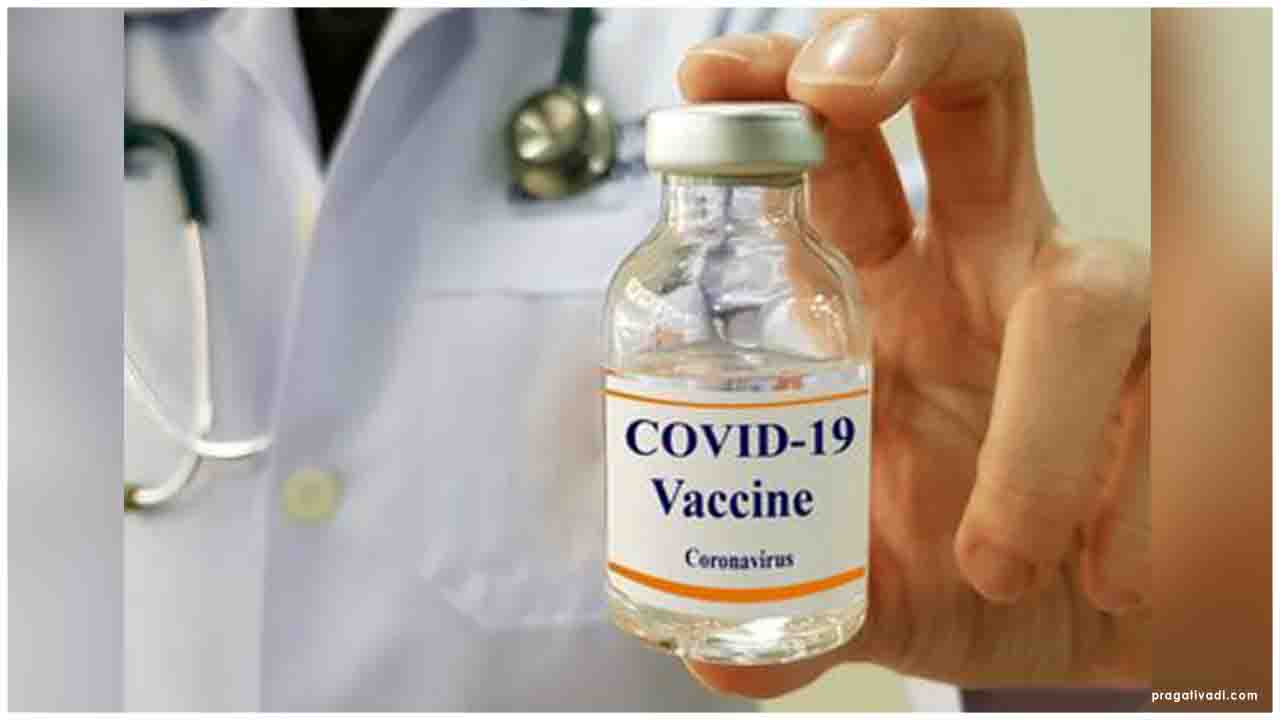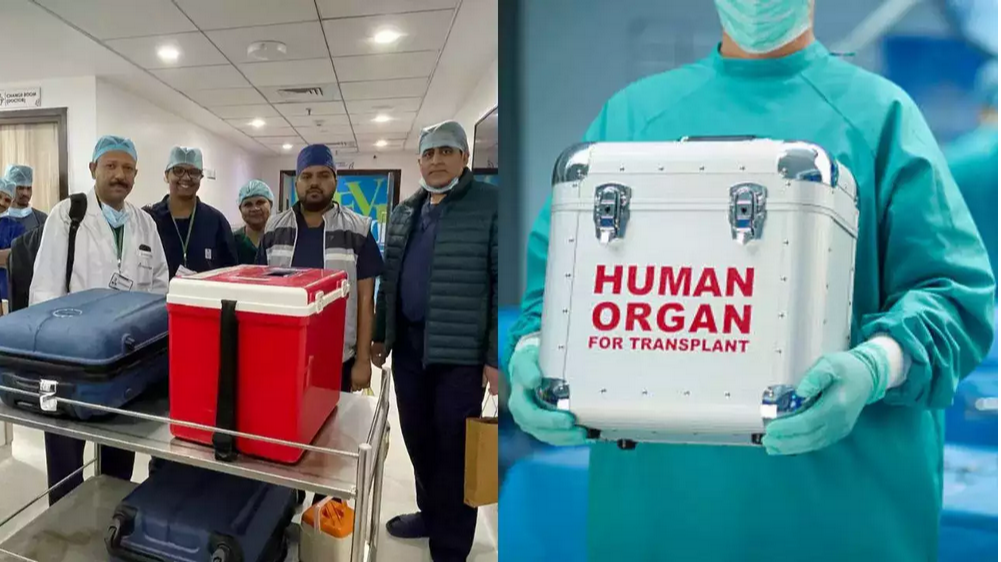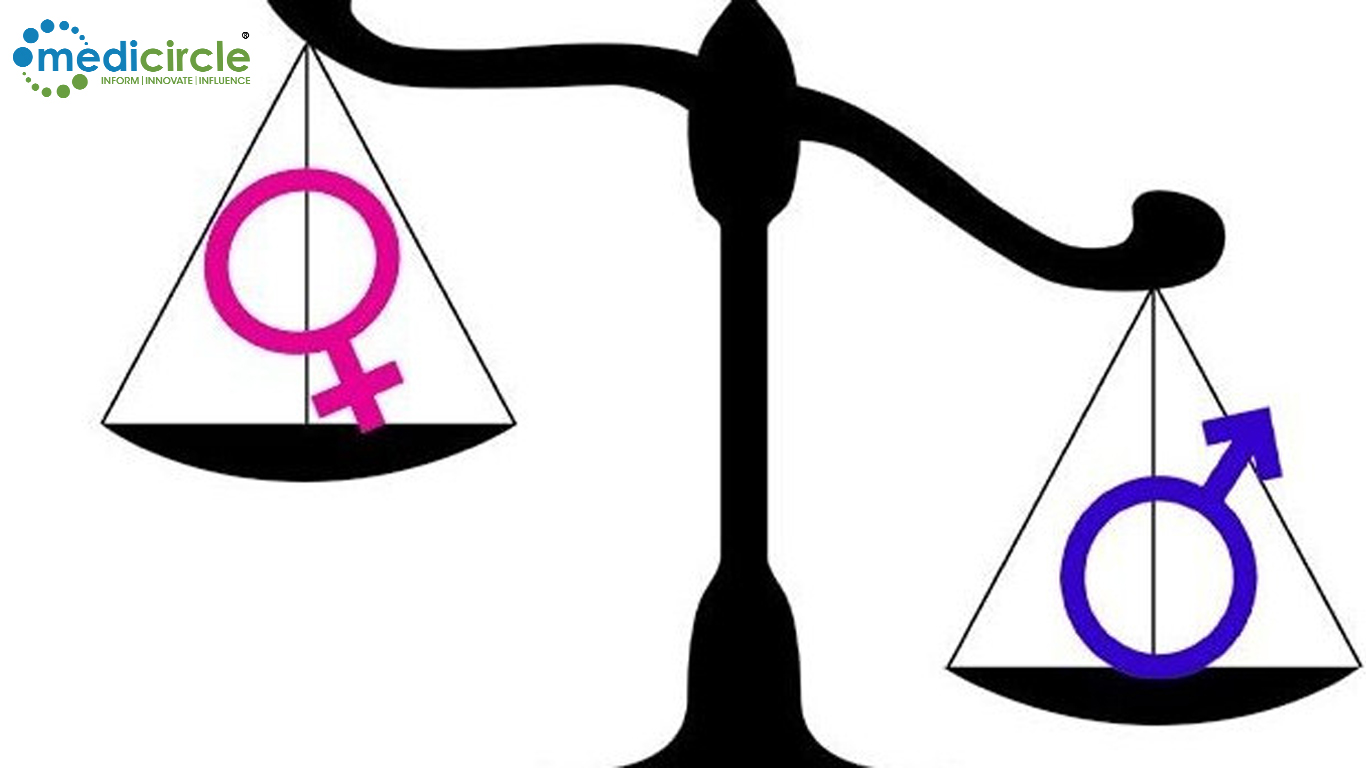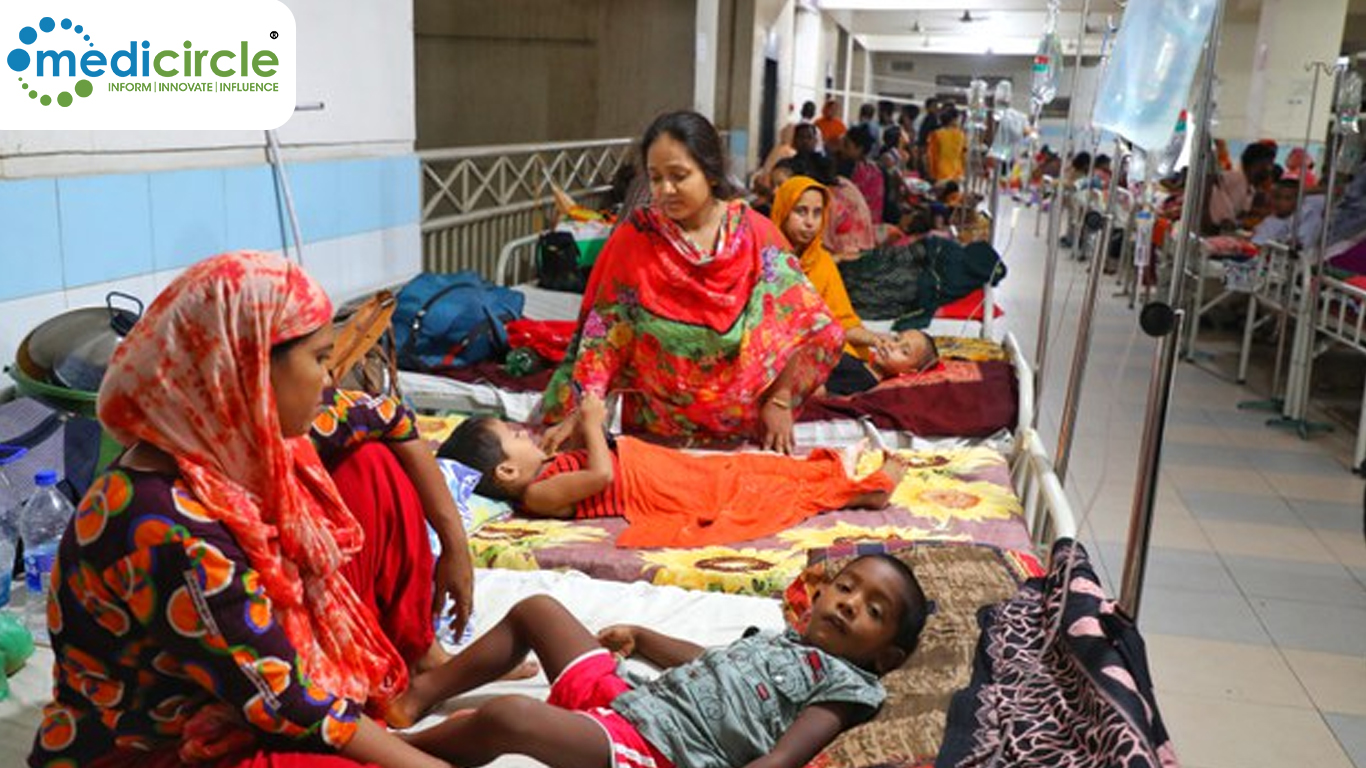Briefing media in New Delhi yesterday, Dr. V K Paul, Niti Aayog said, top Indian pharma company Serum Institute of India has signed a contract with British drugmaker AstraZeneca to supply one billion doses of Oxford University's potential COVID-19 vaccine which is currently at the most advanced stage at the world level.
As per reports, the Serum Institute of India will begin human trials for the AstraZeneca Oxford Vaccine from August.
"At present, we are working on the AstraZeneca Oxford vaccine which is undergoing phase III clinical trials. In addition to this, we will also start human trials in India in August 2020. Based on the current situation and most recent updates on the clinical trials, we are hoping that the AstraZeneca Oxford vaccine will be available towards the end of this year," Serum Institute of India CEO Adar Poonawalla told news agency PTI.
Oxford is likely to publish the data for the initial stages of the trials that have made the vaccine a beacon of hope for the world suffering from fast-spreading COVID-19 outbreak.
"Serum Institute of India has entered a manufacturing partnership with AstraZeneca to produce and supply 1 billion doses of the Covid-19 vaccine being developed by Oxford University. These vaccines will be for India and middle and low-income countries across the world (GAVI countries)," Poonawalla added.
Serum Institute of India (SII) recently said it will apply for a license from the Indian regulator to start clinical trials of the shot in a week's time.
SII, the largest vaccine manufacturer in the world, has been chosen by Oxford and its partner AstraZeneca to manufacture the vaccine once it gets ready. Earlier, Pune-based SII had said that it will start manufacturing the vaccine even before the final nod so as to be ready with sizeable volumes once the vaccine gets all permissions.
"The trials have shown promising results and we are extremely happy about it. We will be applying for the licensure trials to the Indian regulator in a week's time. As soon as they grant us permission, we will begin with the trials for the vaccine in India. "In addition, we will soon start manufacturing the vaccine in large volumes," SII Chief Executive Officer Adar Poonawalla said.
The interim results from the ongoing Phase I/II COV001 trial, led by Oxford University, showed that the vaccine was tolerated and generated robust immune responses against the SARS-CoV-2 virus in all evaluated participants, AstraZeneca said in a statement.
Earlier this month, Poonawalla had said that the SII was hoping to develop a COVID-19 vaccine by year-end as it was focusing on a "good and safe" product and is not in a "rush".
A coronavirus vaccine developed by the Oxford University appears safe and induces a strong immune response within the body, scientists announced on Monday after the first phase of "promising" human trials against the deadly disease that has infected over 1.45 crore people and claimed more than six lakh lives across the world.
Doses of the vaccine were given to 1,077 healthy adults aged between 18 and 55 in five UK hospitals in April and May as part of the phase one clinical trial and results, published in the Lancet medical journal.
The results show they induced strong antibody and T-cell immune responses for up to 56 days after they were given. T-cells are crucial for maintaining protection against the virus for years.
The findings are seen as promising, but experts feel it is too soon to know if this is enough to offer protection as larger trials get underway. Scientists behind the trials found the response could be even greater after a second dose.
Phase I/II data for our coronavirus vaccine shows that the vaccine did not lead to any unexpected reactions and had a similar safety profile to previous vaccines of this type.
"The immune responses observed following vaccination are in line with what previous animal studies have shown are associated with protection against the SARS-CoV-2 virus, although we must continue with our rigorous clinical trial programme to confirm this in humans, said Professor Andrew Pollard, Chief investigator of the Oxford Vaccine Trial at Oxford University and co-author of the study.
"We saw the strongest immune response in the 10 participants who received two doses of the vaccine, indicating that this might be a good strategy for vaccination," he said.
Since emerging in the central Chinese city of Wuhan last year, the virus has killed over 606,000 people and infected more than 14,538,000 people worldwide. In India, the virus has caused 27,497 deaths and infected over 11 lakh people, according to the latest official figures.
Story Credit-PTI
Story Input - www.indiatvnews.com

 Serum Institute of India, the largest vaccine manufacturer in the world, has been chosen by Oxford and its partner AstraZeneca to manufacture the vaccine
Serum Institute of India, the largest vaccine manufacturer in the world, has been chosen by Oxford and its partner AstraZeneca to manufacture the vaccine 










.jpg)
.jpg)








.jpeg)






.jpg)




.jpg)





.jpeg)
